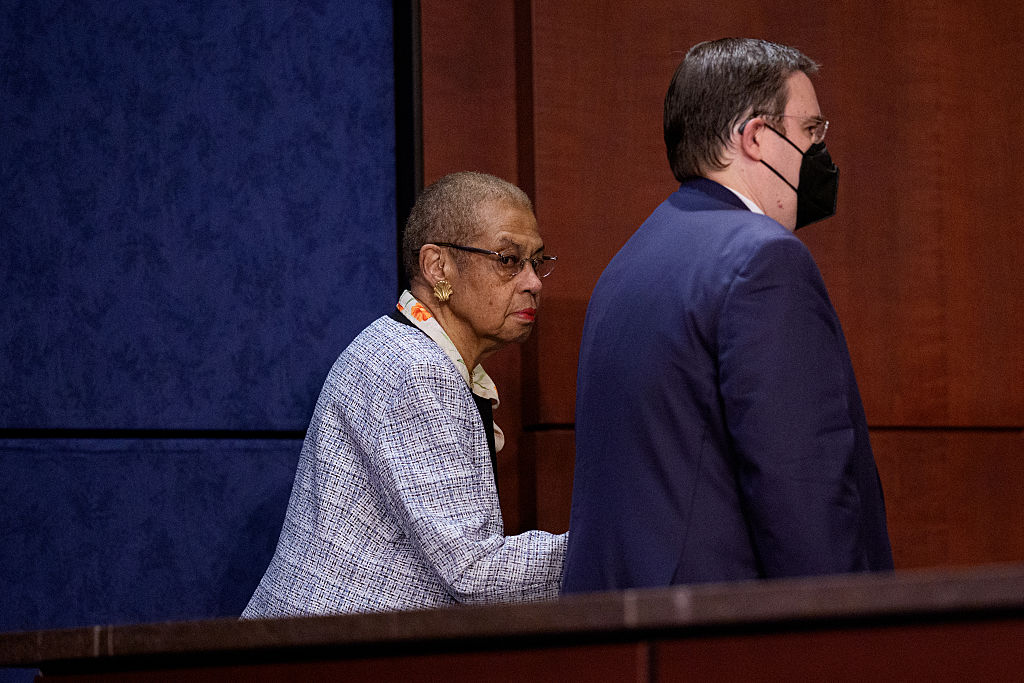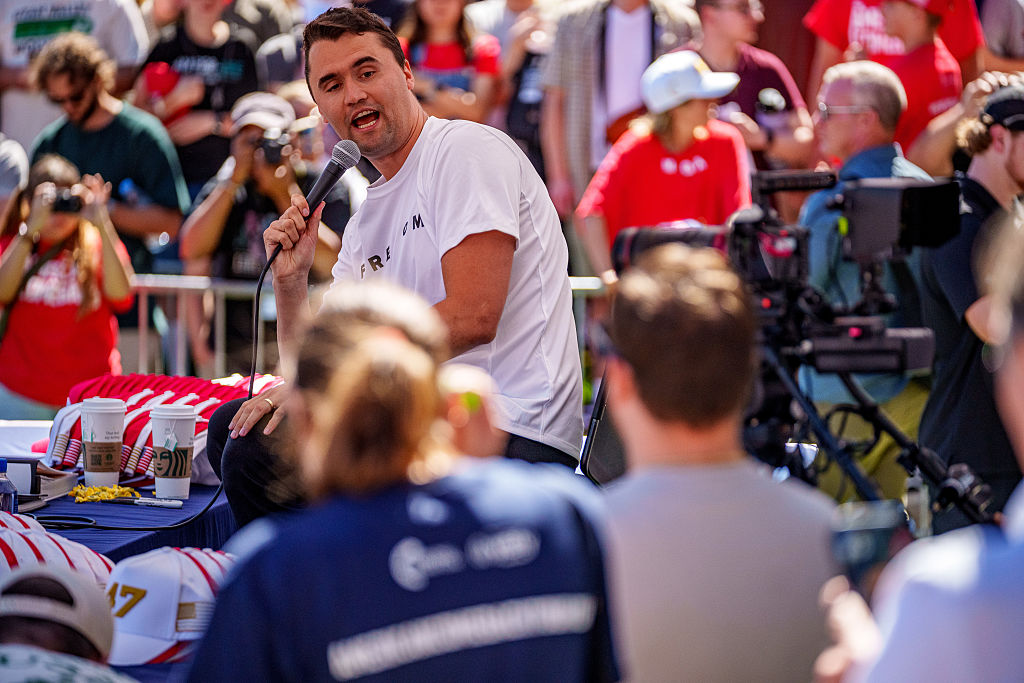For much of my life, fitness wasn’t optional. I was held to very specific standards and tested to confirm that I was adhering to those standards. I was a hockey player. In college, and briefly, in the minor pros. Most seasons began the same way: a searing battery of strength and conditioning tests – on-ice sprints, off-ice endurance runs, bench press, squats, pull-ups, all to termination. Scores aggregated and ranked, from first to last. Personal value was assigned to the scores. Coaches took notice. I trained accordingly and drew a portion of my self-worth from being fit.
That mindset would serve me well after school, when I joined the US Air Force as a Pilot Trainee. I was medically discharged before commissioning, but while I was in, fitness wasn’t optional. Meeting minimums was required to stay in the program, to keep my shot at serving.
I never saw a problem with any of this. And I certainly never detected anything political about maintaining high fitness. The first inkling I had, of something shifting culturally, was during a relationship I had in my 20s. I was dating an art school graduate from Denver. She didn’t understand why I worked out every day. I was training to meet Air Force standards. But she suspected vanity. She put me in a position I’d never been in before: justifying my fitness.
That seed of fitness-skepticism I sensed in my girlfriend ten years ago caught me off guard. But it was a harbinger of a wider trend, which blossomed fully during the pandemic, entrenching itself as a bona fide leftist worldview in which fitness is held to signal vanity, privilege, ableism or even conservatism.
Where did this worldview maligning fitness come from? The inception point likely begins with the body positivity movement. The movement wasn’t without merits, promoting confidence in a wider variety of body types, suggesting that desire and worth could be attributed to those whose physiques fell beyond the parameters of Kate Moss or Arnold Schwarzenegger. But body positivity went too far, embracing obesity, an oftentimes fatal condition, and fueling the skepticism I detected in my then-girlfriend.
If body positivity was the inception point, the pandemic marked the crystallization. A line was drawn in the sand. Conservatives wanted to bullheadedly forge through Covid. Liberals meanwhile committed wholeheartedly to safetyism, policies that prioritized physical safety at all costs (social distancing, masking, vaccinations), and embraced a broader suspicion of physical risk and exertion altogether.
But the point isn’t who was right about Covid – it’s that one political tribe embraced policies that promoted physical strength while another tribe, almost reflexively, embraced policies that dwelled in physical fragility.
Perspectives towards fitness have sorted along the same ideological faultline. Conservatives embrace fitness, whereas a cultural current on the left, already suspicious of several fit cultures (soldiers, survivalists, jocks) increasingly reject fitness.
Obviously, the divide isn’t universal. The left has its yoga teachers and thru-hikers with single-digit body fat, just as the right has sedentary pre-diabetics. But when fitness is assigned political value, the left skews toward unfitness, the right toward fitness.
And that’s not to say conservatives have taken a universally admirable approach. Gym bros. CrossFit cultists. Roid ragers. The whole MMA thing. The right’s embrace of a performative, macho brand of fitness alienates large portions of the population, myself included. But when you strip away the tastelessness a core fact remains: to be fit is better than to be unfit, no matter the culture through which the fitness was attained.
On most things, reasonable people can disagree. But not fitness. It leads to lower healthcare costs, to crisis response preparedness, to national readiness. Fitness extends lives and keeps people sane. To spurn fitness is to spurn a biological imperative, something no political framework can rationalize.
Through much of human history, in most places and societies on Earth, fitness wasn’t negotiable, it was a survival mechanism. And being weak wasn’t a political position – it was a prospective death sentence. Ironically, the left suggests that fitness is a form of privilege.
But to be unfit is the privileged position, to disdain fitness is only possible when danger and physical hardship seem far away – luxuries much of the world’s population cannot relate to.
Yet, increasingly, the progressive left’s view on fitness is consistent with the progressive left’s wider worldview in which citizens are deemed too weak to do anything. Indeed, the embrace of weakness just seems to be the physical extension of a worldview in which every individual shortcoming is ascribed to an inherent and unavoidable weakness, which society at large must then accommodate. In this world view, weakness isn’t just tolerated – it’s a creed.
And in the contemporary left, helplessness itself has social value. Being perceived to be disadvantaged confers currency. Increasingly, that same logic is being applied to the physical body, whereby weakness becomes a form of virtue, while strength is treated with suspicion. The trend here is plainly self-defeating: to build a society around weakness, physical or otherwise, is to build a society to fail.
The downstream effects of embracing physical weakness are more profound than love handles or shortness of breath. People are dying. Obesity is an epidemic. The healthcare system is collapsing. Citizens are losing their resilience. Children are softening. The civilian-military gap is widening. National readiness is reduced. These are medical, cultural, and strategic failures – the root of which a portion of the leftist population has embraced.
Fitness is a biological maximization that unlocks health, wellbeing, and happiness. We can argue about tax rates, foreign policy, and gun control. But there is no rational debate over whether strength is more desirable than weakness. The idea that general fitness is a vanity project, or a conservative ideal, needs to be dismissed wholesale. Our collective aim should be to field citizens who live healthier and happier. Who require less health care. Who are resilient and who raise their children to be resilient. Who, if required, could defend the nation. These are the ideals of a functional society, north star ideals for much of human history – and they require the acceptance of fitness as a civic virtue.
I’m in my late 30s now. No hockey coaches or military recruiters yelling at me to do another pullup. The external incentives to keep pushing myself are less obvious. But I still wake up at four am to skate hard with my friends. I still sprint stairs and grind the stationary bike. I do it because I’m a better version of myself when I’m fit – not just a better hockey player but a better husband, father, and citizen. And there’s nothing political about that.
Why the left wants you to be weak
A worldview in which fitness signals vanity, privilege, ableism and even conservatism

Harrison Kass
For much of my life, fitness wasn’t optional. I was held to very specific standards and tested to confirm that I was adhering to those standards. I was a hockey player. In college, and briefly, in the minor pros. Most seasons began the same way: a searing battery of strength and conditioning tests – on-ice sprints, off-ice endurance runs, bench press, squats, pull-ups, all to termination. Scores aggregated and ranked, from first to last. Personal value was assigned to the scores. Coaches took notice. I trained accordingly and drew a portion of my self-worth from…

























Leave a Reply